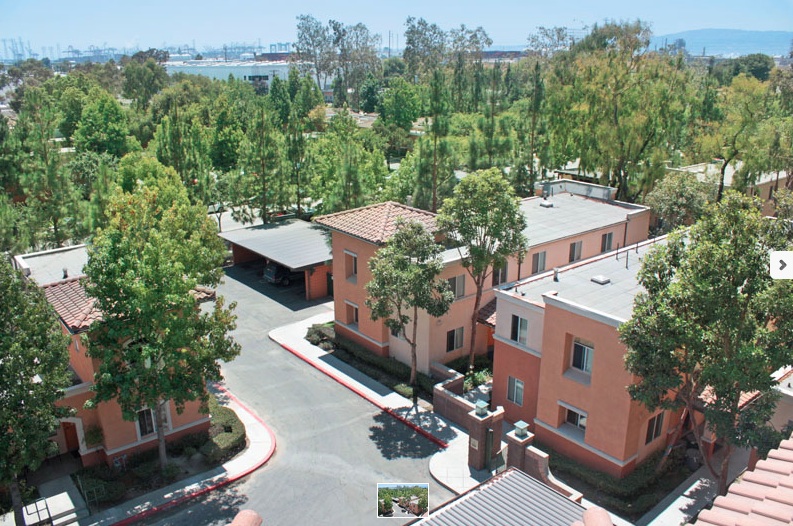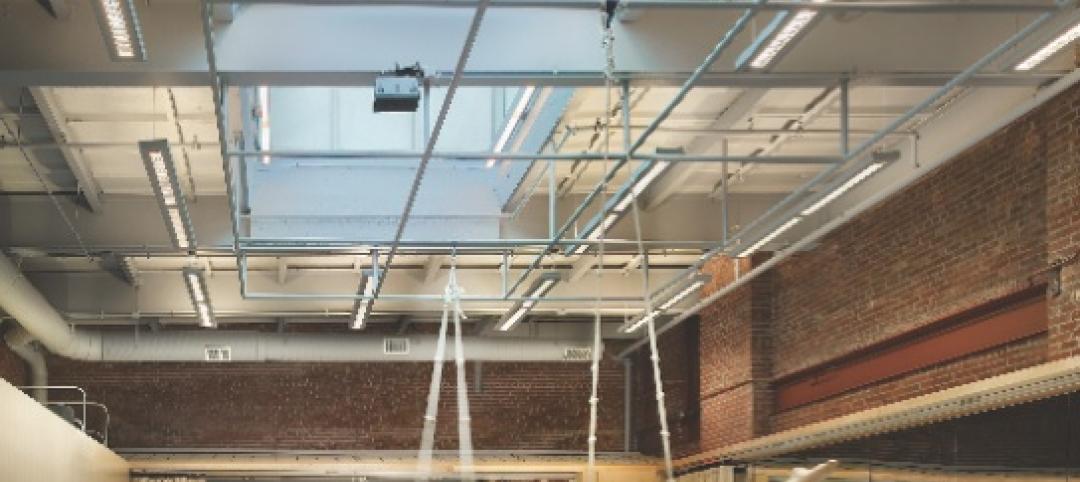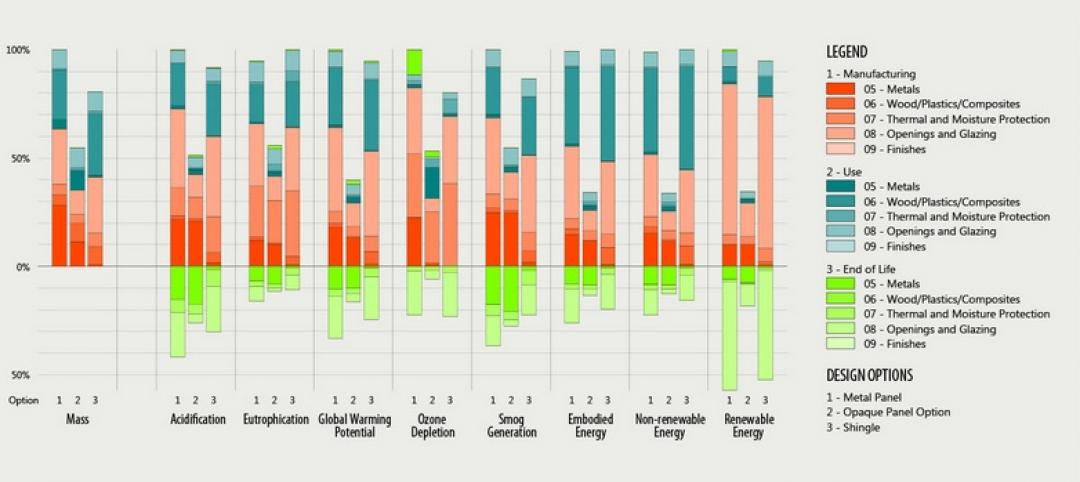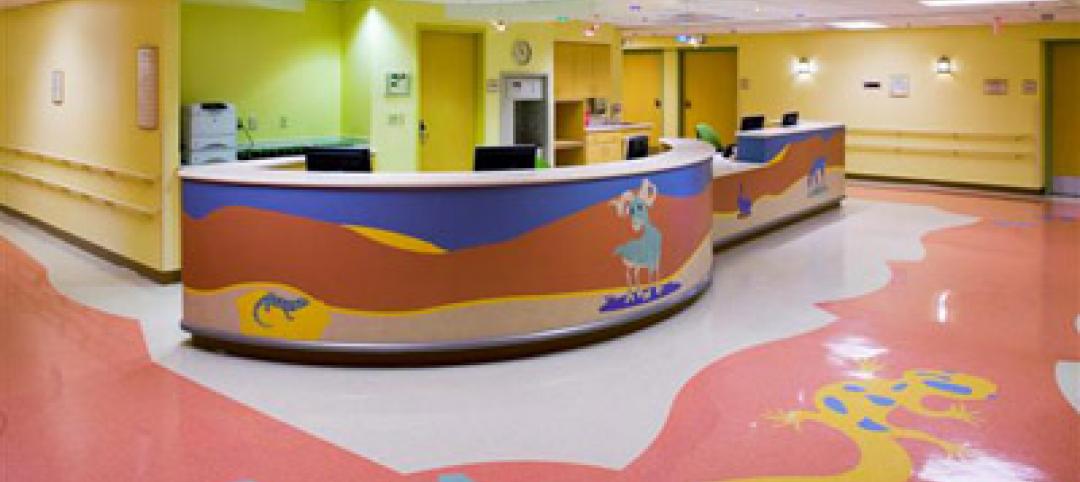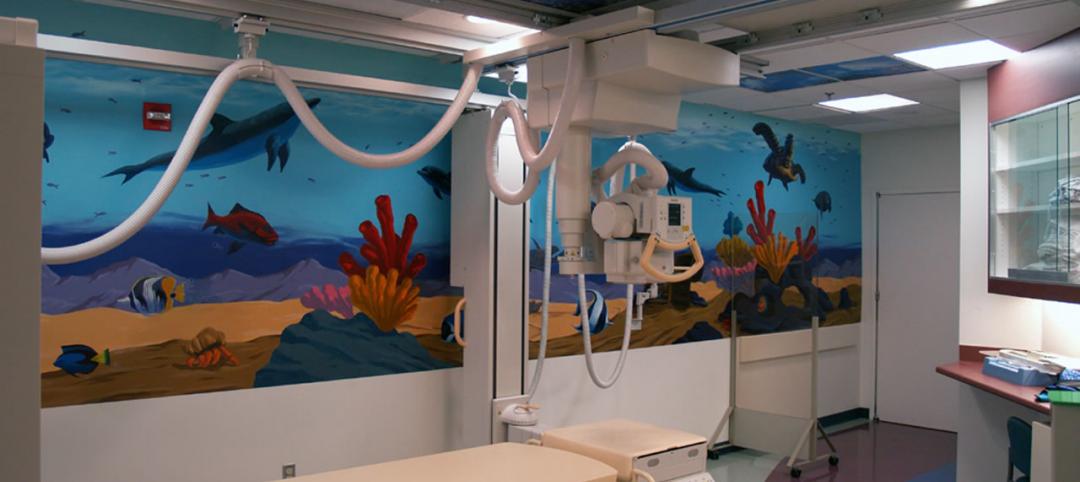The U.S. Green Building Council (USGBC) and Bank of America Charitable Foundation announced today the 11 projects selected for the 2014 Affordable Green Neighborhoods (AGN) grant program.
Each of these neighborhood redevelopment projects are pursuing certification under USGBC’s LEED for Neighborhood Development rating system and are notable for their planned affordable housing, compact design, commitment to green building and sites located near transit or other existing amenities.
“Neighborhoods are central to the health and wellbeing of an entire community, and providing affordable, sustainable housing is critical to USGBC’s mission of creating green buildings for all,” said Rick Fedrizzi, president, CEO and founding chair, USGBC. “We commend Bank of America for their support and commitment to sustainable communities and applaud this year’s grant recipients for their work to advance neighborhood scale sustainability in their communities.”
This program is funded by a two-year, $500,000 grant from the Bank of America Charitable Foundation. Since 2010, these grants have helped to create affordable, sustainable neighborhoods across the country. Each of this year’s projects will receive a $31,000 cash award as well as an educational package to support their pursuit of LEED for Neighborhood Development certification. In addition, five of the grantees will also receive a two-day, in-person technical assistance session with USGBC staff.
LEED for Neighborhood Development integrates the principles of smart growth, new urbanism and green building, while benefitting communities by reducing urban sprawl, increasing transportation choices and decreasing automobile dependence, encouraging healthy living and protecting threatened species.
The 2014 AGN grant recipients are:
• Bartlett Place – Roxbury, Mass.
• Butler Street Y Lofts – Atlanta, Ga.
• Essex Crossing – New York, N.Y.
• Faubourg Lafitte – New Orleans, La.
• Northwest Gardens – Ft. Lauderdale, Fla.
• Rebuild Potrero – San Francisco, Calif.
• Sheppard Square HOPE VI Revitalization – Louisville, Ky.
• TNT Eco-Innovation District – Dorchester, Mass.
• Villages at Cabrillo – Long Beach, Calif.
• West Grand and Brush – Oakland, Calif.
• Westview Village – Ventura, Calif.
“The commitment of these grantees to plan energy efficient, affordable housing is inspiring,” said Alex Liftman, global environmental executive, Bank of America. “Bank of America is pleased to support this initiative that’s helping strengthen our neighborhoods and accelerate the transition to a low-carbon energy future.”
The six members of the AGN review committee, who were selected for their industry leadership, represent the perspectives of architecture and design, New Urbanism, smart growth, affordable housing, community development and tax credit financing. In their deliberations, the review committee members evaluated potential projects on several criteria relating to the strength of the project, the financial needs of the project team and the potential value to the community.
Of the 20 projects previously awarded grants, seven have achieved LEED certification thus far. This includes the first LEED ND Platinum certification in the United States (Paseo Verde in Philadelphia), five LEED Silver certifications and one LEED Gold certification. These seven projects represent more than 270 acres of land, including the construction or major renovation of 4,581 dwelling units and nearly 7.875 million gross square feet of development all to the highest standards of sustainability and inclusion. The remaining AGN grant recipients are LEED registered projects working toward completion.
For more information on the AGN program and recipients, please visit our site.
Related Stories
| Nov 27, 2013
Wonder walls: 13 choices for the building envelope
BD+C editors present a roundup of the latest technologies and applications in exterior wall systems, from a tapered metal wall installation in Oklahoma to a textured precast concrete solution in North Carolina.
| Nov 27, 2013
University reconstruction projects: The 5 keys to success
This AIA CES Discovery course discusses the environmental, economic, and market pressures affecting facility planning for universities and colleges, and outlines current approaches to renovations for critical academic spaces.
| Nov 26, 2013
7 ways to make your firm more successful
Like all professional services businesses, AEC firms are challenged to effectively manage people. And even though people can be rather unpredictable, a firm’s success doesn’t have to be. Here are seven ways to make your firm more successful in the face of market variability and uncertainty.
| Nov 26, 2013
Design-build downsized: Applying the design-build method in an era of smaller projects
Any project can benefit from the collaborative spirit and cooperative relationships embodied by design-build. But is there a point of diminishing return where the design-build project delivery model just doesn't make sense for small projects? Design-build expert Lisa Cooley debates the issue.
| Nov 25, 2013
Electronic plan review: Coming soon to a city near you?
With all the effort AEC professionals put into leveraging technology to communicate digitally on projects, it is a shame that there is often one major road block that becomes the paper in their otherwise “paperless” project: the local city planning and permitting department.
| Nov 22, 2013
Kieran Timberlake, PE International develop BIM tool for green building life cycle assessment
Kieran Timberlake and PE International have developed Tally, an analysis tool to help BIM users keep better score of their projects’ complete environmental footprints.
| Nov 20, 2013
Architecture Billings Index slows in October; project inquiries stay strong
Following three months of accelerating demand for design services, the Architecture Billings Index reflected a somewhat slower pace of growth in October. The October ABI score was 51.6, down from a mark of 54.3 in September.
| Nov 19, 2013
Pediatric design in an adult hospital setting
Freestanding pediatric facilities have operational and physical characteristics that differ from those of adult facilities.
| Nov 18, 2013
6 checkpoints when designing a pediatric healthcare unit
As more time and money is devoted to neonatal and pediatric research, evidence-based design is playing an increasingly crucial role in the development of healthcare facilities for children. Here are six important factors AEC firms should consider when designing pediatric healthcare facilities.
| Nov 18, 2013
Lord Aeck Sargent opens metro D.C. office, updates brand
Architecture, design, and planning firm unveils its sixth office, plus a new visual identity system and website


